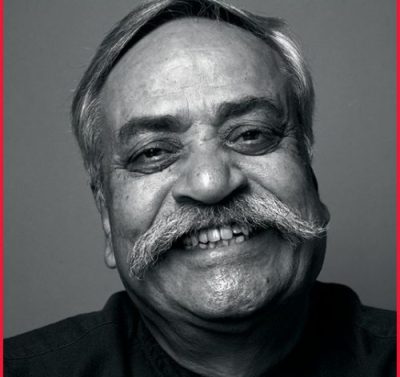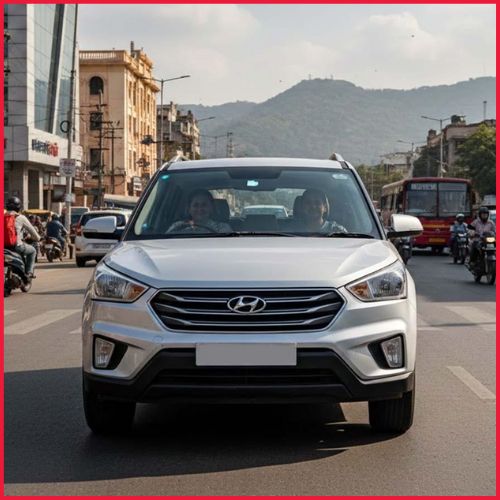With New Delhi and Moscow yet to cobble together an effective mechanism for rupee-rouble trade, exporters and importers are turning to UAE, which offers a flourishing transshipment point and a money market where multiple currencies are freely converted.
With a plethora of sanctions in effect on Russia by the world community after the country launched a brazen military offensive on 24th February at Ukraine, there’s no tested direct route at the moment to trade with Russia.
Therefore, Some Indian businesses and banks are using an old trade playbook they had relied upon during the US embargo on Iran to sidestep the sanctions on Russia. Since Russia and India are yet to establish together a kosher mechanism for rupee-rouble trade, exporters and importers are turning to UAE, which offers a flourishing transshipment point and a money market where multiple currencies can be easily converted.
One thing to note here is that UAE is Russia’s largest economic partner in the Gulf Cooperation Council.
Talking of the mechanism of trade and payment between Indian and Russian traders, Cargo movements and associated trade payments are routed through outfits and banks in Dubai in transactions that come across like regular bilateral trade between India and UAE. Neither the banks handling the payments question the origin or final destination of the goods nor their clients talk about them.
Payments are processed in a manner as if the Russian leg or part of the transactions doesn’t exist, be it import or export. But banks know the actual nature and purpose of the trades. This system of trade was practiced to avoid sanctions imposed on Iran as well.
So, the conclusion is the UAE entity that trades with an Indian firm acts on behalf of the original Russian importer or exporter in which the latter may be a partner. Payments for imports to India may be invoiced in dollars, though many prefer it in Emirates Dirham to avoid any link with the US currency and clearing system. The Dirham, which is pegged to the Dollar, is convertible into rupees with several banks offering daily quotes.
Now, the Indian importer is not bothered how the money reaches the Russian seller. There can be different ways. Mostly Dirham is converted into Renminbi. But there could be other ways of settlement using certain Russian banks which are not yet on the sanction list. It’s the same for the Indian exporter who is not bothered how the Russian buyer arranges funds but is happy as long as the Dubai bank of the UAE intermediary releases payments.















